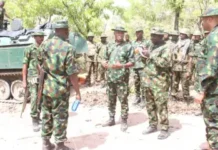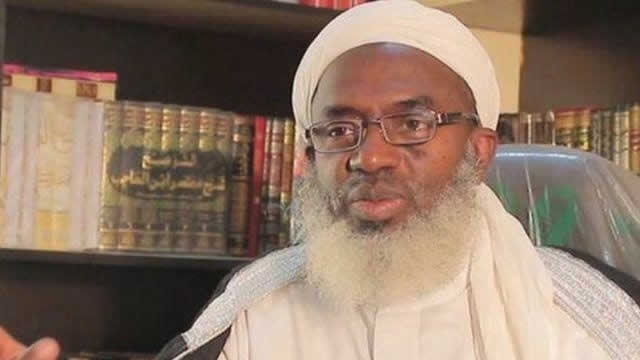Vice President Kashim Shettima has urged Nigerians to unite in confronting the nation’s security challenges, stressing that violent attacks make no distinction between religion, ethnicity, or social class.
Speaking at a high-level stakeholders’ meeting on regional development organised by the National Counter Terrorism Centre (NCTC) under the Office of the National Security Adviser in Abuja on Thursday, Shettima, represented by the Deputy Chief of Staff to the President, Ibrahim Hadejia, said the government inherited major security concerns upon assuming office and has since adopted a coordinated strategy to achieve both immediate stability and lasting peace.
He emphasised that insecurity affects all citizens equally, regardless of background, noting: “A bullet or a bomb knows neither ethnicity nor religion. When fired by the enemies of peace, it does not discriminate; it kills farmers and traders alike, tearing apart the fabric of our multi-ethnic and multi-religious society.”
Shettima called for a collective commitment to national restoration, stating that every arm of government, institution, and individual must play an active role in rebuilding peace and unity. He said beyond combating violent groups, the nation must dismantle divisive sentiments often weaponised to weaken national solidarity.
“Beyond ideas and agendas, we must pay close attention to the power of messaging,” he added. “Our communication must be rooted in empathy and understanding.”
The Vice President warned that attacks by criminal elements inflict harm on society as a whole and deepen distrust among communities. He therefore urged leaders to counter inflammatory narratives that fuel division and to promote messages that foster inclusivity and reconciliation.
Shettima also underscored the importance of strengthening public institutions and ensuring balanced national growth. “We cannot claim progress as a nation unless every part of the federation moves forward together,” he said. “What we need are functional institutions that guarantee government presence and services even in the most remote communities.”
He reaffirmed the administration’s commitment to equitable development through the establishment of regional development commissions across Nigeria’s six geopolitical zones. The commissions, he explained, are designed to bring governance closer to the people, accelerate regional progress, and facilitate knowledge sharing across zones.
While acknowledging past collaborations with private and international partners, Shettima noted that previous initiatives often failed to account for region-specific challenges. He therefore urged the new commissions to design solutions tailored to the unique needs of their respective regions.
The Vice President called for cooperation and a shared sense of purpose among the commissions, stressing that collective effort remains essential to overcoming the country’s long-standing developmental and security crises.
His remarks come amid renewed debate over claims that Christians in Nigeria were being deliberately targeted, a controversy that intensified after the United States recently placed Nigeria on its watchlist as a “country of particular concern.”



























